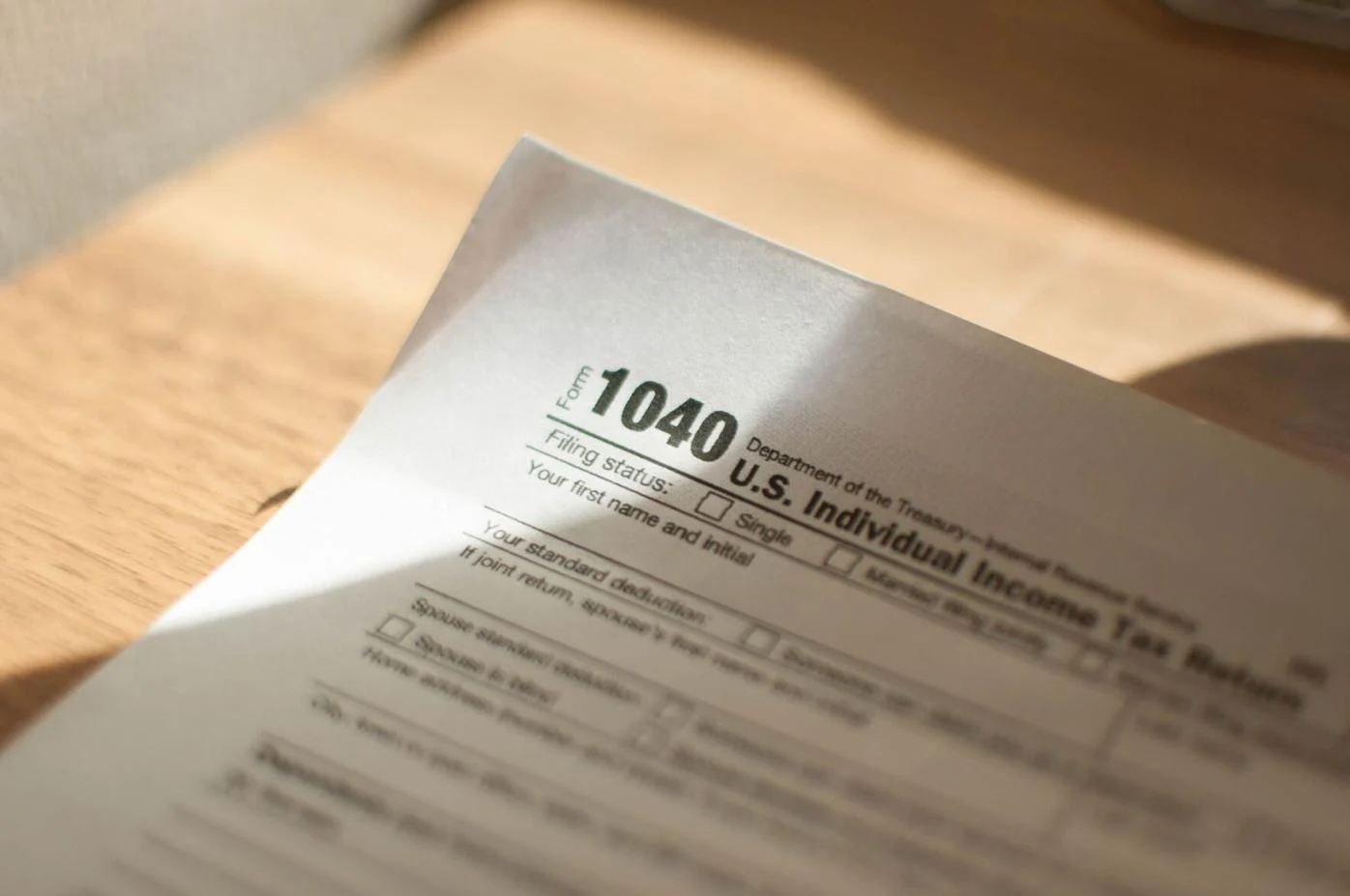Thinking You Might Skip Filing Your Tax Return? Here’s Why You Should Reconsider if You Want to Save Money
Thinking You Might Skip Filing Your Tax Return? Here’s Why You Should Reconsider if You Want to Save Money
By
Junia Wells
Last updated:
April 10, 2025
First Published:
April 11, 2025

Source: FOX 55 Fort Wayne
Why You Shouldn’t Skip Your Tax Return This Year
The official tax filing deadline, April 15, is just around the corner, and many taxpayers are still procrastinating. As of March 28, nearly 90 million tax returns have already been filed, according to the latest data from the IRS. However, if yours isn’t one of them, you may be thinking it’s too late, or that the IRS won't notice if you don’t file.
Perhaps you’re worried about owing money, or maybe you’ve heard about the internal changes at the IRS under the new Department of Government Efficiency. Whatever your reason for delay, here’s why it’s crucial to file your taxes—whether you owe money or not.
The Financial Penalties of Not Filing on Time
If you owe taxes, the consequences of failing to file your return on time can be steep. You’ll face two types of penalties in addition to accruing interest. The first—and potentially most significant—penalty is for failing to file. If you don’t file by the deadline, the IRS will charge you 5% of your unpaid taxes for every month that your return is late. This penalty can quickly add up to a maximum of 25% of your unpaid taxes.
Even if you think your outstanding balance is manageable, consider this: if the 5% penalty is less than $510 and you’re more than 60 days late, you’ll face a minimum penalty of $510 or 100% of your unpaid balance (whichever is less). That means if you owe less than $510, you could still be stuck with a hefty $510 penalty!
As Jim Buttonow, a North Carolina-based CPA, warns, "If you have a balance due, don’t file late. You will only make things worse."
The good news is that avoiding the late-filing penalty is simple. You can easily submit IRS Form 4868 by April 15 to request an automatic six-month extension. This will move your filing deadline to October 15 without incurring penalties, giving you more time to prepare your taxes properly.
However, if you don’t take action to request an extension, the IRS might file a "substitute return" for you based on third-party income reports, such as W-2s and 1099s. But this is not in your best interest, as the IRS will not include the tax deductions or credits you’re entitled to. The result: you’ll likely owe more than if you filed your own return.
Don’t Forget to Pay What You Owe by April 15
Even if you’ve filed for an extension, the IRS requires you to pay any owed taxes by April 15. Failure to pay on time can result in a second penalty, the failure-to-pay penalty, which amounts to 0.5% of your unpaid balance each month until the balance is paid in full. The total failure-to-pay penalty cannot exceed 25% of what you owe, but interest will accumulate not only on your unpaid taxes but also on the penalties.
If you can’t pay your full tax bill by April 15, the IRS provides various payment options. You can contact the agency through the number provided on your CP14 balance-due notice to explore payment plans. It’s also wise to seek help from a CPA, enrolled agent, or tax attorney if you’re unsure how to proceed.
Even If You Don’t Owe, Filing Can Benefit You
If you’re not owed any money by the IRS, you might think you don’t need to file your return. While you won’t face penalties for failing to file if you have no balance due, there are still significant reasons to file anyway.
Refunds You’re Owed:
Many people are surprised to learn that the IRS still has more than $1 billion in unclaimed refunds for the 2021 tax year. If you’re entitled to a refund and don’t file, you’ll miss out. This April 15 will be your last chance to claim any refunds for 2021, as taxpayers can only claim refunds within three years of the tax year.
Social Security Benefits for the Self-Employed:
If you’re self-employed and don’t file a tax return, the income you earned during that year won’t be reported to the Social Security Administration. This means you’ll miss out on credits toward Social Security retirement or disability benefits, potentially impacting your future financial security.
Loan Applications and Credit:
When applying for a loan or mortgage, lenders often require your most recent tax return. If you haven’t filed, it could delay your application or even hurt your chances of approval.
Filing Your Return is in Your Best Interest
With just days left until the tax deadline, it’s essential to file your return, even if you owe. The penalties for missing the deadline can quickly pile up, and you might also lose out on refunds, social security credits, or loan opportunities. The IRS offers straightforward options to extend your filing deadline or work out payment plans if you can’t pay in full by April 15.
So, don’t delay any longer. Whether you owe money or are expecting a refund, filing your taxes now will protect your financial future and ensure you comply with your legal obligations.
Popular articles
Subscribe to unlock premium content
Gordie Howe Bridge: A $4.6B Gamble on North American Trade at Risk from Rising Tariffs

Why Designers Are Rethinking Pantone: The True Cost of Color Consistency in 2025

Point Roberts Faces Economic Collapse Amid U.S.-Canada Trade Tensions

Gordie Howe Bridge: A $4.6B Gamble on North American Trade at Risk from Rising Tariffs

Why Designers Are Rethinking Pantone: The True Cost of Color Consistency in 2025

Gordie Howe Bridge: A $4.6B Gamble on North American Trade at Risk from Rising Tariffs









